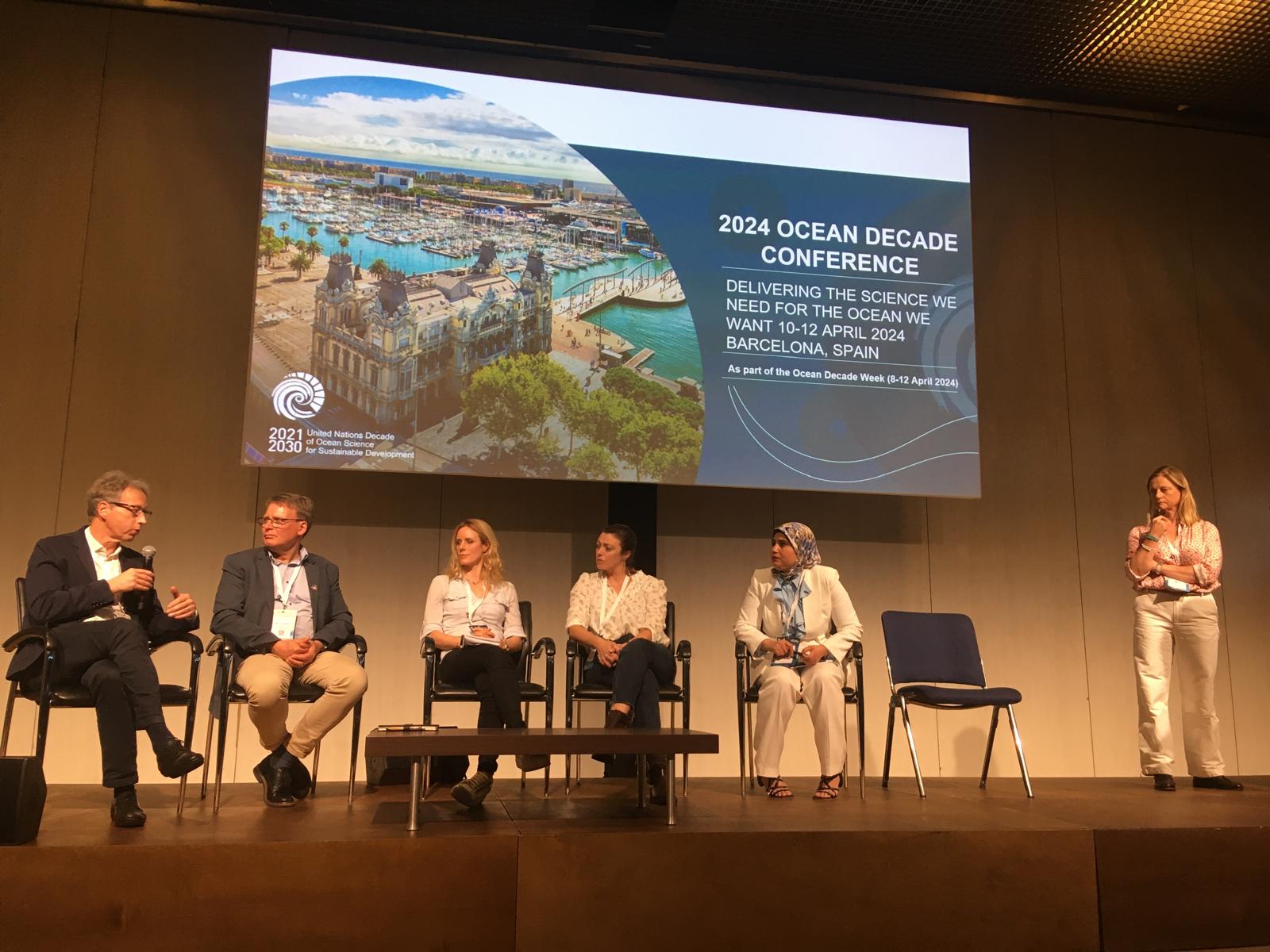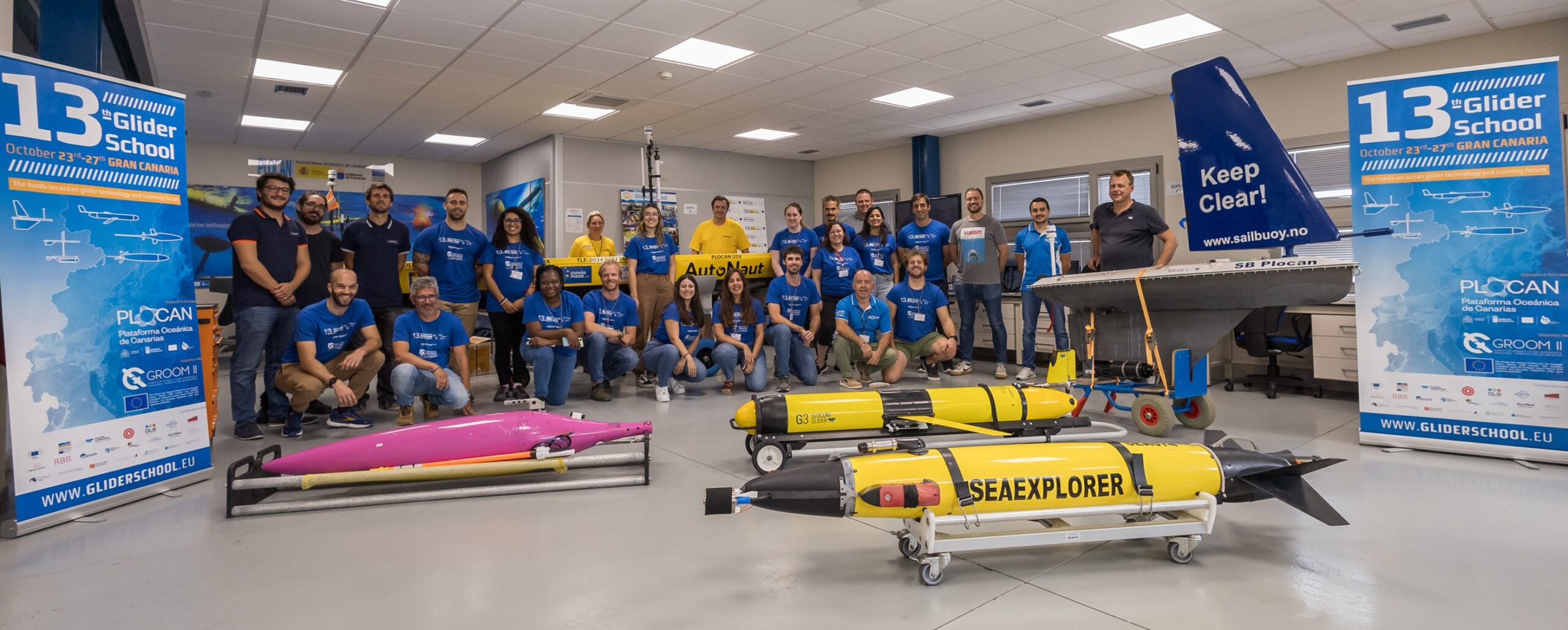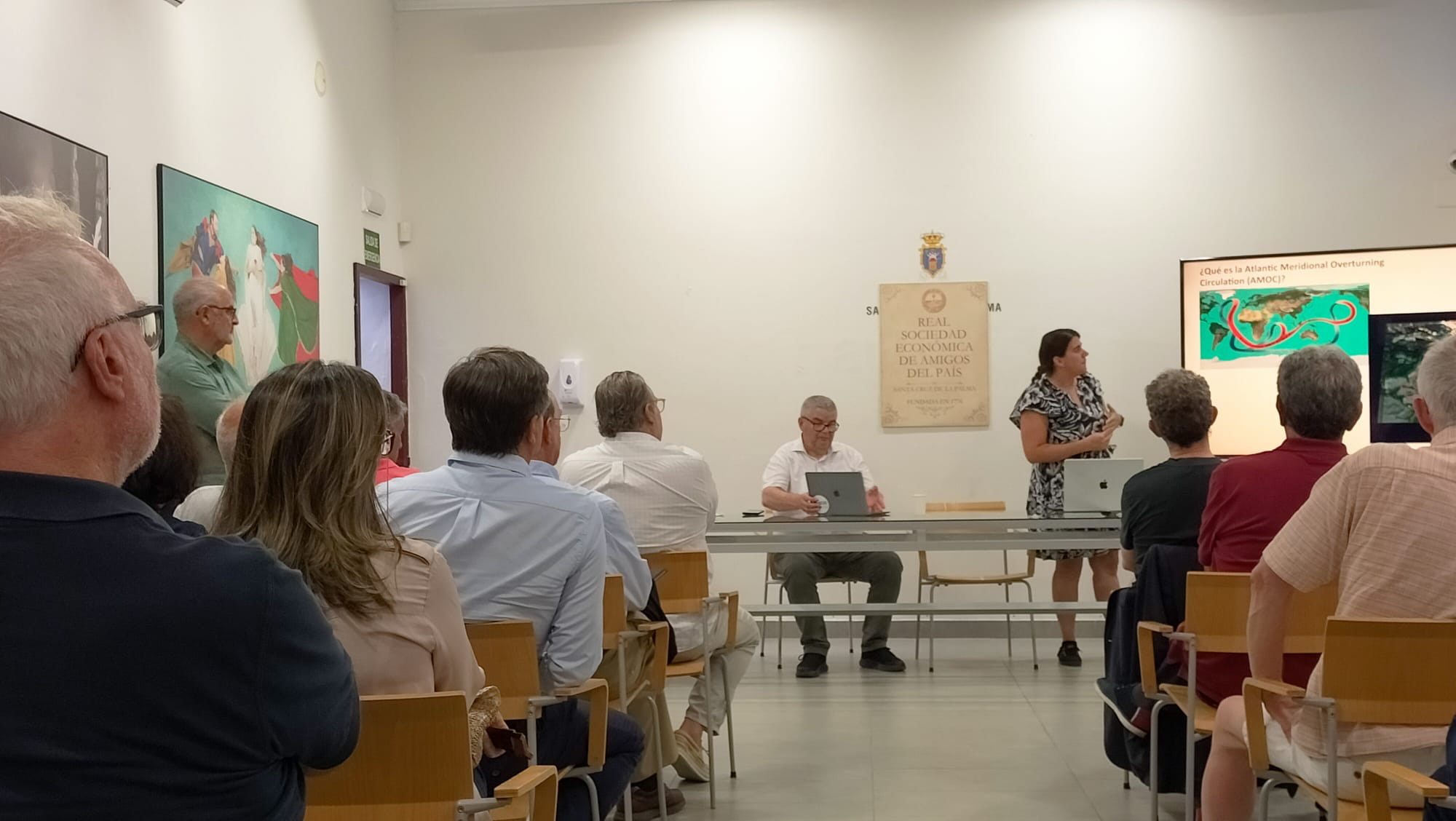The Oceanic Platform of the Canary Islands will join the Spanish consortium of the Integrated Carbon Observation System (ICOS) next year. This research infrastructure, which is funded by European countries, measures greenhouse gases such as carbon dioxide across the European continent and the adjacent oceans.
Measuring greenhouse gases is important, since excessive amounts of these warming gases are caused by fossil fuel use, agriculture, and other human activity, and they warm up the atmosphere. Climate change will cause harsh consequences for the nature and for people, if not curbed early enough.
The ICOS General Assembly approved Spain’s membership request in its meeting on 17th of November, 2020. After Spain joining ICOS on 1st of January 2021, ICOS research infrastructure will have 13 member states, and close to 150 measurement stations run by over 80 partner universities and institutes in Europe.
“We are very pleased to welcome Spain to ICOS. With the extended network of stations, ICOS data will cover areas from Canary Islands to Scandinavia and even Svalbard in the north. This allows us to see how carbon emissions move along with the winds, and how sinks are distributed at land and in the oceans. Based on our high-quality data, scientists can better inform societies on the effects of climate change”, says Dr Werner Kutsch, Director General of ICOS.
The Spanish ICOS consortium was created on 1st January 2012 by AEMET, the Spanish meteorological institute, and the University of Las Palmas de Gran Canaria (ULPGC), both bringing in one station. The ULPGC station is actually a commercial ship, with measurement equipment onboard. The ship travels from the Canary Islands on the Atlantic Ocean to Barcelona at the Mediterranean Sea and back, gathering water samples during the journey.
PLOCAN will join the consortium with the Autonomous University of Barcelona, the Mediterranean Center for Environmental Studies and the National Institute for Aerospace Technology. The partners have a leading role in climate modelling and research, and in regional greenhouse gas measurements in Spain.
Spain will gradually bring eight measurement stations to the network. Two of the eight stations are measuring the dissolved carbon on the adjacent sea areas, two will produce data about carbon exchanges in ecosystems, and four towers will reach to the heights to measure the greenhouse gases in the atmosphere. Like all ICOS data, also the Spanish data will be openly available on ICOS Carbon Portal, free of charge for anyone to use. The data is being used to study, for example, climate change and its implications on the Earth and for the people on this planet.
The new stations will extend the standardised ICOS measurement network to the Spanish mainland, to the Canary Islands and to the Mediterranean Sea: areas that are strategically important and increase the geographical spread of the network.



